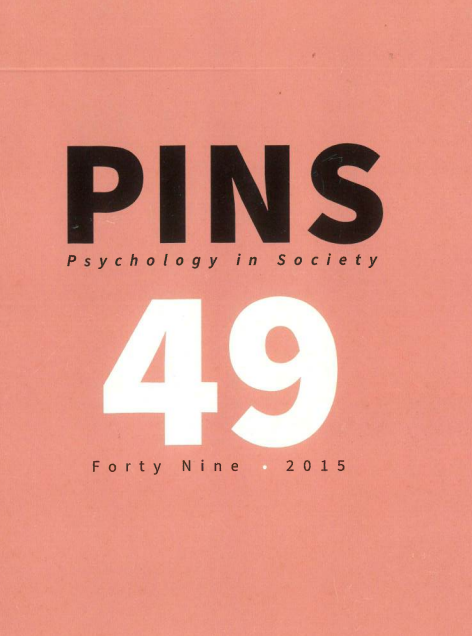The singularity of the post-apartheid black condition
DOI:
https://doi.org/10.17159/2309-8708/2015/n49a4Keywords:
Césaire, Biko, blacks, social cohesion, socio-economic justiceAbstract
Informed by Césaire’s awareness on the singularity of the black situation as well as Biko’s sense of the consequence of black-conscious solidarity for overcoming white racism, I present some notes concerning social cohesion. I counsel against social cohesion without socio-economic justice. I would like us to consider how we might radically rework what I see as the sentiment urging the discourse of social cohesion into socially-just solidarity in relation to the peculiarity of the black condition. I argue that even if social cohesion is considered a preeminent social ideal, it remains an empty signifier if not preceded by policies and programmes to overcome persisting socio-economic inequalities, especially because of the history and contemporary facts of colonial, apartheid and neo-apartheid injustices. I contend that projects intended to foster cohesion might do best if they are prefigured by a radical politics of socio-economic justice. In turn, a politics of social justice needs grounding in an understanding of our unique situatedness as a historically and currently unjust society.
Downloads
Downloads
Published
How to Cite
Issue
Section
License
This journal is an open access journal, and the authors' and journal should be properly acknowledged, when works are cited.
Authors may use the publishers version for teaching purposes, in books, theses, dissertations, conferences and conference papers.
A copy of the authors’ publishers version may also be hosted on the following websites:
- Non-commercial personal homepage or blog.
- Institutional webpage.
- Authors Institutional Repository.
The following notice should accompany such a posting on the website: “This is an electronic version of an article published in PINS, Volume XXX, number XXX, pages XXX–XXX”, DOI. Authors should also supply a hyperlink to the original paper or indicate where the original paper (http://www.journals.ac.za/index.php/pins) may be found.
Authors publishers version, affiliated with the Stellenbosch University will be automatically deposited in the University’s’ Institutional Repository SUNScholar.
Articles as a whole, may not be re-published with another journal.
The copyright of the article(s) lies with the author(s).
The copyright of the journal lies with PINS-psychology in Society.
The following license applies:
Attribution CC BY-NC-ND 4.0 - https://creativecommons.org/licenses/by-nc-nd/4.0/

